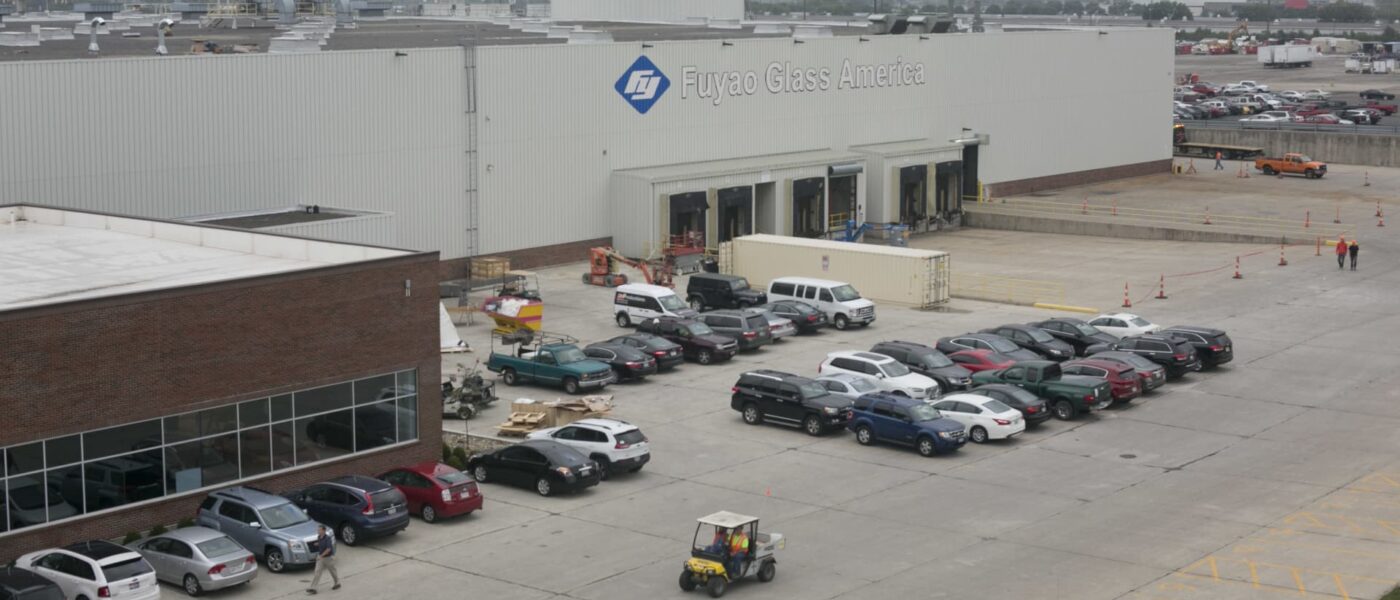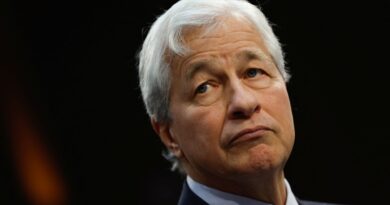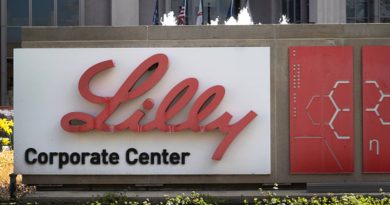Chinese companies are already investing in the U.S., ahead of any Trump tariffs
Rising U.S.-China tensions have sent Chinese companies the signal that regardless of who wins the White House, overseas investment is the way to go. Public filings of mainland China-listed companies from the last several weeks indicate a few are already putting money into the U.S. As markets await more details on Vice President Kamala Harris’ China policy, Republican presidential nominee and former U.S. President Donald Trump has indicated the likelihood of further tariffs. In the view of BCA Research, Trump would use tariffs on China to reach a deal — including “inducing Beijing to surge (foreign direct investment) into the U.S.,” chief strategist Marko Papic and a team said in an Aug. 15 report. They cited Trump’s limited mention of tariffs during his speech accepting the Republican nomination in July. “The way they will sell their product in America is to BUILD it in America, and ONLY in America. This will create massive jobs and wealth for our country,” Trump said, according to an NBC News transcript. BCA said Trump has been making the same point during his campaigning in the last six months. “Trump has been saying it loud and clear – to anyone who wants to hear – that he intends to force China to build factories in the US and employ Americans,” the report said. The analysts pointed out that in the 1980s, U.S. trade tensions with Japan were not resolved with tariffs, but with some trade restrictions and increased direct investment in the U.S. Shenzhen-listed Vital New Material said in a filing Thursday it had finished registering its U.S. subsidiary in Austin, Texas. Vital New Material (USA) LLC has registered capital of $2 million and will be engaged in the research and development, as well as sales, of soldering materials, the filing said. Shandong Yuma Sunshade announced on Aug. 7 it was investing $1.2 million to establish the U.S. subsidiary “Yuma Texas” and build a 2,200 square-meter warehouse. Shanghai-listed Xinquan Automotive Trim said it would invest $4 million into Xinquan America Holdings via a Singapore subsidiary. The company said in a June 7 filing it has established a subsidiary in Texas for the research and development, design, manufacture and sale of auto parts. Yotrio announced on July 26 its subsidiary Lausaint Industrial had established a company in the U.S. for selling outdoor furniture. The filing said the entity, Remode Living, had been incorporated in June in Chino, California, with registered capital of $1,000. In late May, Shanghai-based Hanbell said it was establishing a subsidiary in Georgia with $100 million for selling its vacuum pump products in the U.S. The Taiwan-invested company is listed in Shenzhen. Those are just a few of more than 30 such filings so far this year for declarations of U.S.-related overseas business establishments, according to a screen using Wind Information of mainland China-listed stocks accessible via Hong Kong’s Shenzhen and Shanghai stock connect programs. There were just over 50 such filings in 2023. BCA Research cautioned that as Harris is surging in polls, it’s certainly not a given that Trump will win the U.S. presidential election in the fall. “Should investors buy or sell anything? No. Not yet. Wait for the trade war hysteria to set in with Trump back in power and fade all ‘Trump trades’ related to the trade war,” the report said. “In particular, we would fade any appreciation in small caps and the USD induced by the restart of the trade war.” Harris is due to speak at the Democratic National Convention on Thursday night, following Tim Walz on Wednesday, according to NBC News . Studies of Chinese companies also point to an inclination to invest in the U.S. An annual survey this spring by the China General Chamber of Commerce in the U.S. found about 30% of respondents plan to increase investment . Nearly 60% of companies aim keep investment stable, the report said. Chinese companies’ interest in expanding overseas has accelerated since the pandemic as growth slowed domestically. Electric car companies such as BYD are also opening factories in Europe and Southeast Asia as the European Union and U.S. ramp up tariffs on Chinese electric car imports. More than 80% of Chinese companies surveyed by the China Council for the Promotion of International Trade chose to maintain or increase their outbound investment in 2023 — nearly 10 percentage points higher than in 2022, Oxford Economics said in an Aug. 12 report. “Top sectors that received Chinese investment have shifted from tertiary to manufacturing industries,” the report said. “Interestingly, while Chinese companies have become more active in expanding business in ASEAN countries, they tend to maintain their presence in the West, suggesting the ‘ASEAN+1’ strategy may have increased.” Even in the U.S, where new investment from China has fallen sharply, the report said that “Chinese companies have not materially withdrawn from the US market either.” — CNBC’s Michael Bloom contributed to this report.
This article was originally published by a Cnbc.com. Read the Original article here. .





